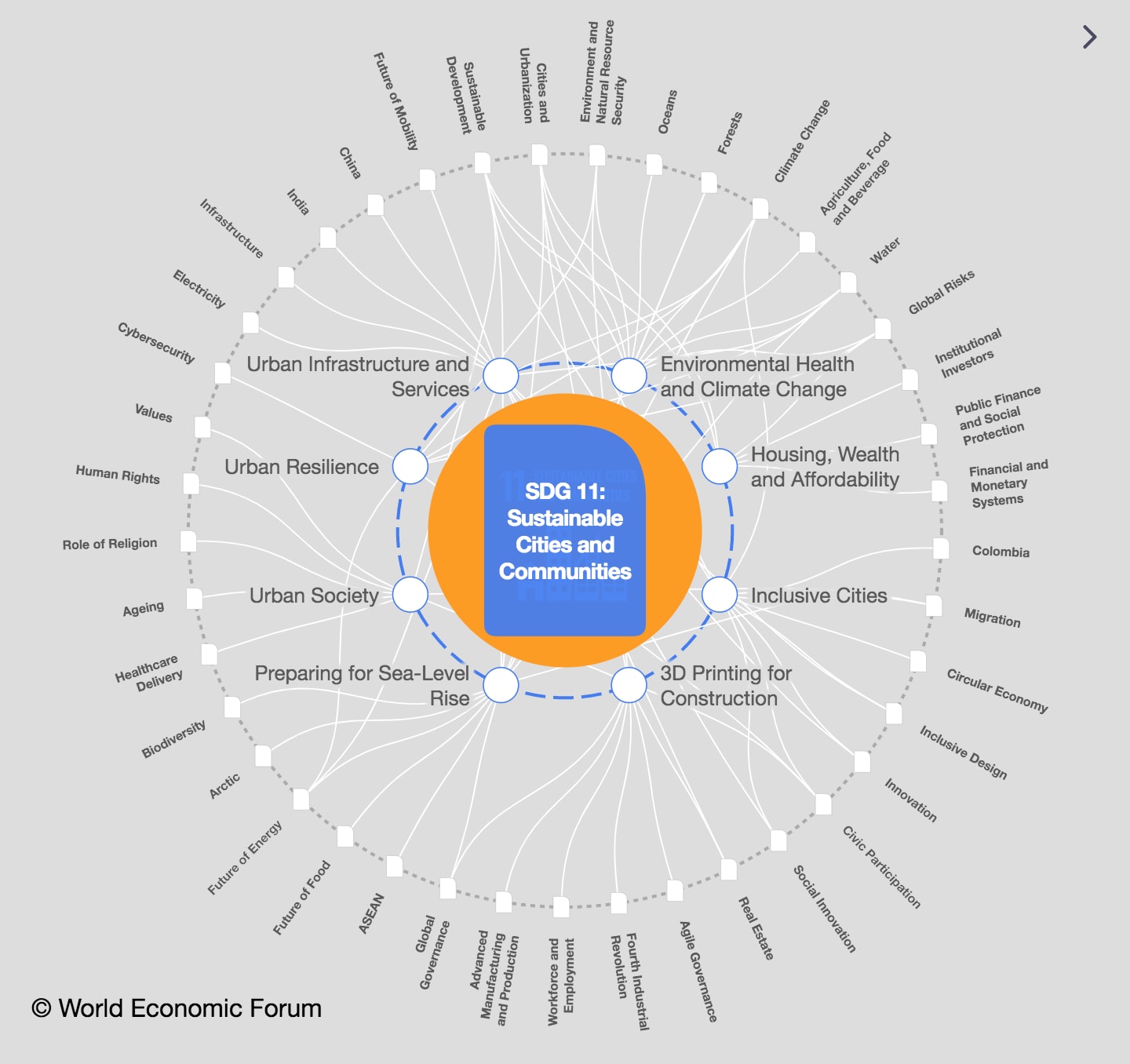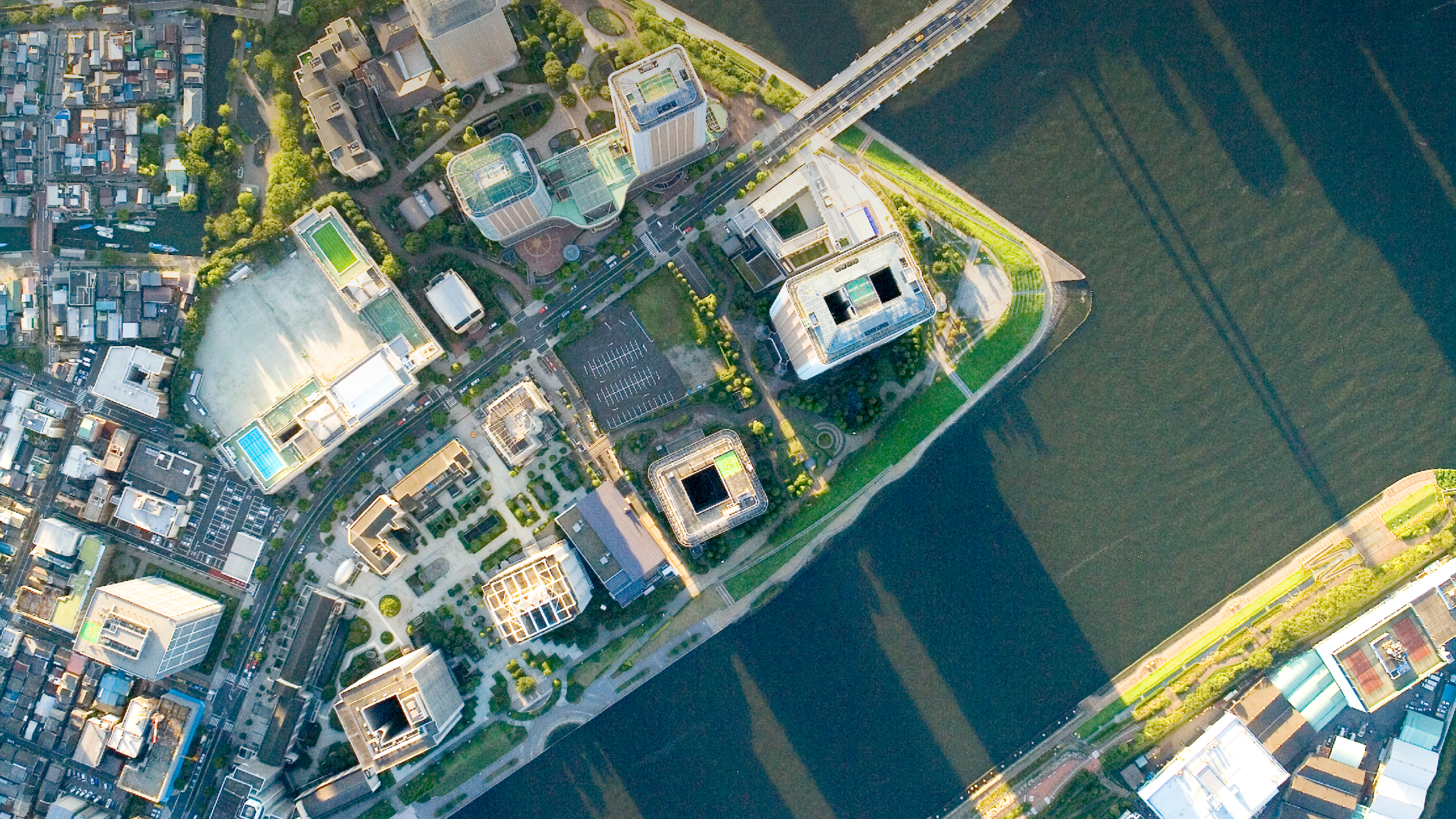Spending time by the water to boost your mental health now comes on prescription

Mental health issues have been on the rise in recent years. Image: Unsplash/Mason Field
Listen to the article
- Britons rated spending time by the water as the best nature activity to boost their mental health during the COVID-19 pandemic.
- A new programme from the UK’s Mental Health Foundation will enable doctors to prescribe water-based activities to improve low moods.
- With growing urbanization, the importance of nature for people’s wellbeing also has implications for city planners aiming to create healthy urban environments.
Spending time by the water was the most highly-rated activity in nature for improving people’s mental health throughout the COVID-19 coronavirus pandemic, according to a survey by the UK's Mental Health Foundation. Nearly two-thirds of respondents said that it had a positive impact on their mood, outranking spending time in the countryside as a mental health booster.
And it could soon come on prescription for Britons.

Wetlands for wellbeing
Mental health issues have been on the rise in recent years, and the impact of COVID-19 has only exacerbated this trend. The two most common mental health conditions, depression and anxiety, cost the world economy $1 trillion annually.
What is the World Economic Forum doing about mental health?
In the UK, where the economic and social cost of mental health has grown in the past decade to almost $168 billion a year, the Mental Health Foundation has now teamed up with the Wildfowl & Wetlands Trust (WWT) to offer a new water-based scheme.
"Blue prescribing" will start in summer 2021 and run for a year, targeting people who don’t have much access to water-based nature in their everyday lives. It’s an evolution of "social prescribing", whereby UK doctors and nurses can refer patients to local, non-clinical services to address their needs more holistically, encouraging healthy lifestyles and social connections.
Around 300 people will be able to take part in the six-week programme at WWT’s London Wetland Centre, where they will be encouraged to be active, enjoy nature and connect with others.
A small-scale trial of the programme in 2019 showed that participants’ feelings of stress and anxiety were significantly reduced as a result of interacting with the wetland environment.
Science supports nature as a natural mood booster
"Nature prescriptions" have already been available in Scotland for some years, with ongoing projects in Shetland and Edinburgh. And the UK isn’t alone in realizing the benefits of water and, more broadly, nature for low moods.
The New Scientist recently reported “an explosion of research” around the world finding links between nature and mental health, and the evidence base is growing. Venturing out into nature has been shown to improve sleep, reduce stress and boost happiness, as well as increase attention, memory and creativity, the magazine noted.
There have even been international studies to gauge the right amount of exposure to nature, with one suggesting that at least 120 minutes a week is needed to positively affect health and wellbeing.
Rethinking urban planning
The findings also have significant implications for urban planning and design.
What is the World Economic Forum doing to encourage healthy living in cities?
A Canadian study found that people living on city blocks with a higher density of trees viewed themselves as healthier and had fewer cardio-metabolic conditions to report. Planting just 10 more trees on a city block had the same impact on people’s health perceptions as a $10,000 rise in personal income. Respondents also felt significantly younger as a result of their upgraded natural environment.
These findings are important given the continued increase in urbanization around the globe - and is at the heart of the World Economic Forum’s Healthy Cities and Communities initiative.
Don't miss any update on this topic
Create a free account and access your personalized content collection with our latest publications and analyses.
License and Republishing
World Economic Forum articles may be republished in accordance with the Creative Commons Attribution-NonCommercial-NoDerivatives 4.0 International Public License, and in accordance with our Terms of Use.
The views expressed in this article are those of the author alone and not the World Economic Forum.
Stay up to date:
SDG 11: Sustainable Cities and Communities
Related topics:
Forum Stories newsletter
Bringing you weekly curated insights and analysis on the global issues that matter.








